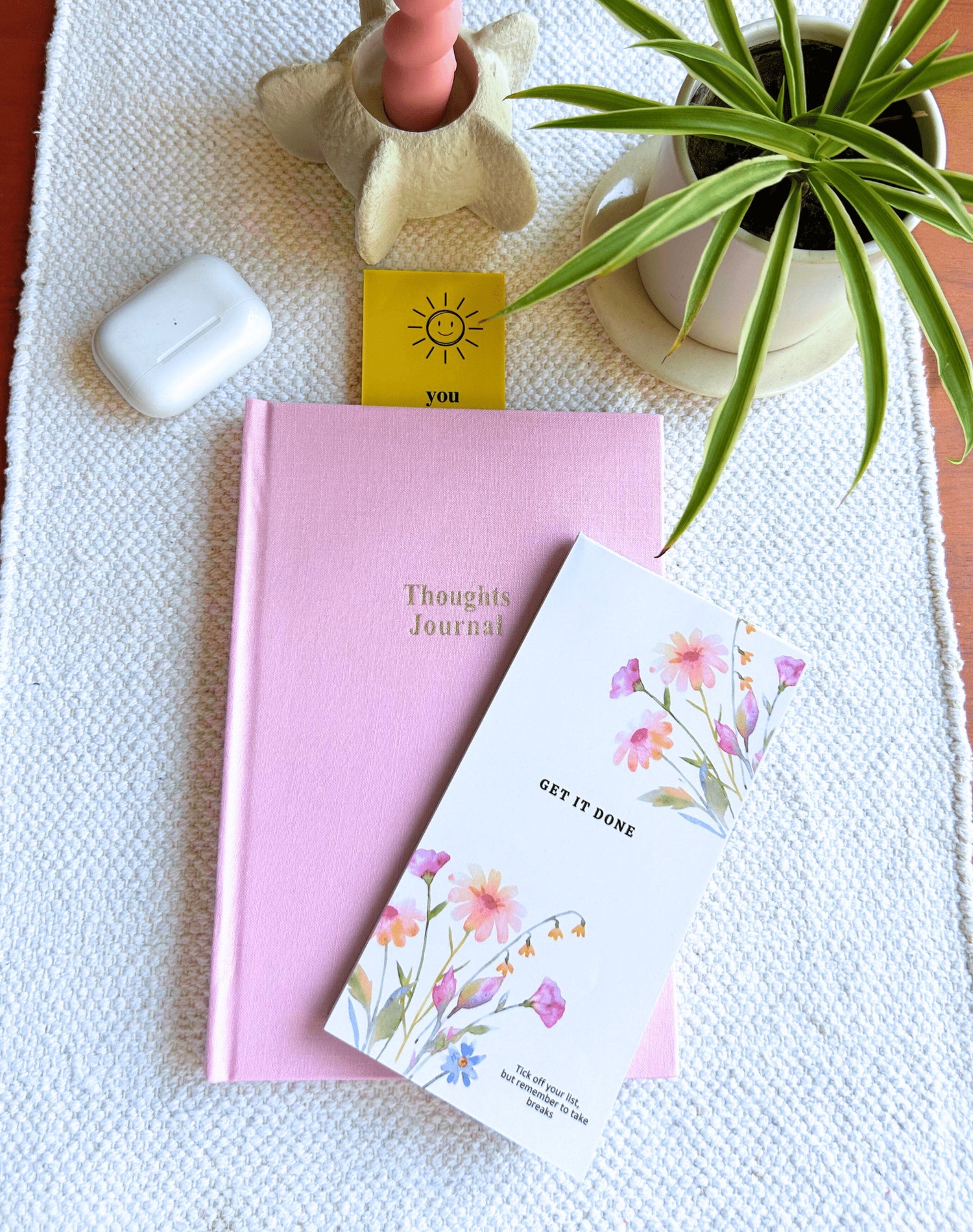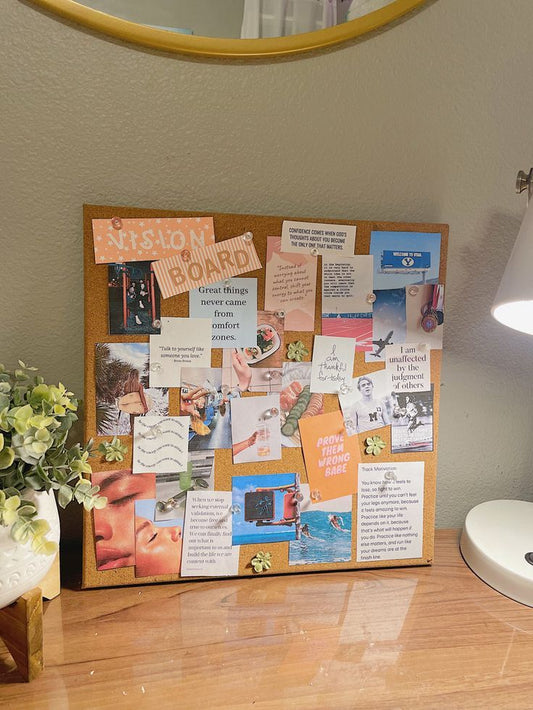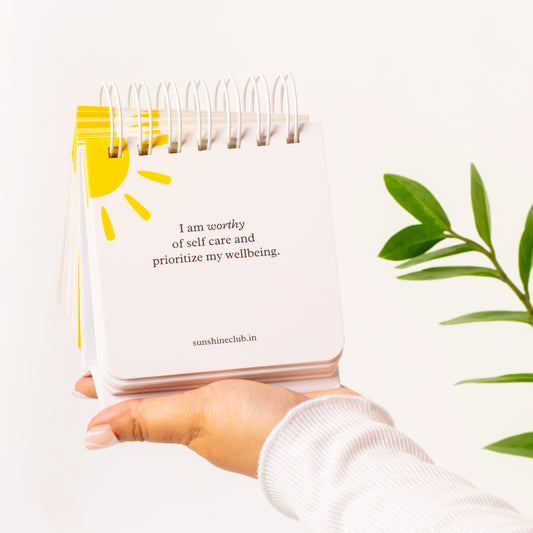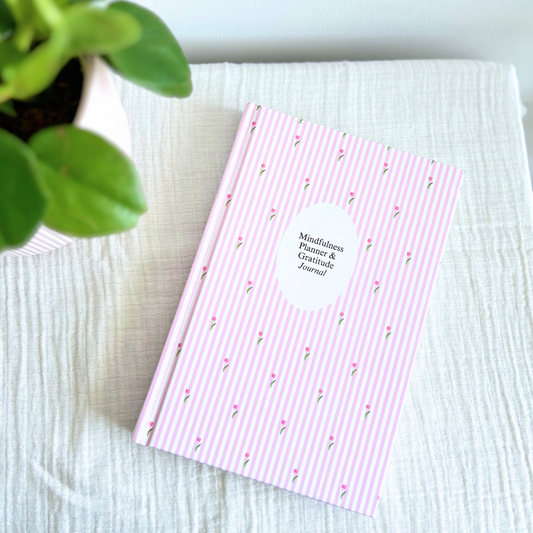
How to Live a Balanced Life: A Practical Guide to Finding Harmony
Share
In today’s fast-paced world, finding balance in life can often feel like an impossible task. Between work, family, social obligations, and personal responsibilities, it's easy to get caught in the whirlwind of daily demands. However, living a balanced life is essential for maintaining mental, physical, and emotional well-being. Achieving balance doesn’t mean juggling everything perfectly, but it does involve making intentional choices that align with your values, priorities, and needs. This guide will help you explore how to create a more harmonious and fulfilling life, one step at a time.
What Does It Mean to Live a Balanced Life?
Living a balanced life means making time for the things that matter most to you, whether it's work, family, health, hobbies, or relaxation. It involves recognizing your limits and knowing when to shift focus between different areas of life to maintain overall well-being. Instead of striving for perfection, balance is about creating harmony between your commitments and your personal needs.
Balance can look different for everyone, depending on individual goals, values, and lifestyles. The key is to define what balance means to you and take small steps to achieve it in your day-to-day life.
Why Is Balance Important?
A balanced life helps you stay centered, focused, and energized. Here are a few reasons why it’s essential to strive for balance:
-
Prevents Burnout: Constantly overworking or overcommitting yourself can lead to physical and emotional exhaustion. A balanced life allows for time to rest and recharge, reducing the risk of burnout.
-
Improves Mental Health: When you create time for yourself and your personal needs, you nurture your mental health. This can help reduce stress, anxiety, and feelings of overwhelm.
-
Enhances Relationships: Balance helps you nurture relationships with family, friends, and loved ones. It creates space to spend quality time with those who matter most, strengthening bonds and emotional connections.
-
Boosts Productivity: A balanced lifestyle allows you to work smarter, not harder. By managing your time and energy effectively, you can improve focus, creativity, and productivity in both your personal and professional life.
-
Increases Happiness and Fulfillment: Finding balance helps you enjoy life more. When you prioritize what truly matters to you, you experience a deeper sense of fulfillment and satisfaction.
Practical Steps to Achieve a Balanced Life
Achieving balance doesn’t happen overnight, but with mindful effort, you can create a more harmonious life. Here are some practical steps to get started:
- Define Your Priorities
The first step in achieving balance is understanding what truly matters to you. Ask yourself: What are my top priorities in life? This could be your health, relationships, career, personal growth, or hobbies. Knowing your priorities helps you allocate time and energy where it counts.
- Practical Tip: Write down your top three to five priorities and use them as a guide when planning your week. Focus on aligning your daily actions with your priorities.
- Set Boundaries
One of the biggest challenges to living a balanced life is overcommitting or saying yes to things that drain your energy. Setting boundaries with your time and energy is essential for maintaining balance. Learn to say no to activities or obligations that don’t align with your priorities or that add unnecessary stress.
- Practical Tip: Practice saying no without guilt. When you receive a request that doesn’t fit your schedule or priorities, politely decline or offer an alternative.
- Manage Your Time Wisely
Time management is key to creating balance. It's important to structure your day in a way that allows you to accomplish your tasks while also making time for self-care and relaxation. Avoid the temptation to multitask, which can leave you feeling scattered and unproductive.
- Practical Tip: Try time-blocking, where you dedicate specific hours of the day to different activities, such as work, exercise, family time, and personal relaxation.
- Take Care of Your Health
A balanced life includes taking care of your physical and mental health. When you prioritize your well-being, you have more energy and focus to dedicate to other areas of your life. Exercise, nutrition, sleep, and stress management are key components of a healthy, balanced lifestyle.
- Practical Tip: Schedule regular physical activity that you enjoy, eat a balanced diet, and aim for 7-9 hours of sleep each night. Practice relaxation techniques like yoga, meditation, or deep breathing to manage stress.
- Make Time for Yourself
Self-care is often the first thing to go when life gets busy, but it’s crucial for maintaining balance. Taking time for yourself allows you to recharge, reflect, and reconnect with your inner self. Whether it’s reading a book, taking a walk, or simply sitting in silence, carving out time for personal relaxation is essential.
- Practical Tip: Set aside at least 15-30 minutes each day for self-care, whether it's in the morning, during a lunch break, or before bed.
- Practice Mindfulness
Mindfulness involves being fully present in the moment, aware of your thoughts, feelings, and actions. Practicing mindfulness can help you slow down, reduce stress, and stay grounded. It encourages you to focus on one task at a time, making it easier to maintain balance in a busy world.
- Practical Tip: Incorporate mindfulness into your daily routine by practicing mindful breathing, meditation, or simply being present during activities like eating or walking.
- Foster Meaningful Relationships
Relationships play a crucial role in living a balanced life. Make time to connect with family, friends, and loved ones. Quality time spent with people who uplift and support you is essential for emotional well-being and happiness.
- Practical Tip: Plan regular social activities with loved ones, whether it’s a family dinner, a coffee catch-up with friends, or a weekend outing. Make these moments count by being fully present and engaged.
- Be Flexible
Balance is not about rigidly dividing your time between work, family, and personal pursuits. It’s about being flexible and adjusting as needed. Life is unpredictable, and sometimes things don’t go according to plan. The key is to stay adaptable and reassess your priorities when necessary.
- Practical Tip: If you find yourself feeling overwhelmed, take a step back and re-evaluate your schedule. Be willing to make changes and shift focus when life throws unexpected challenges your way.
Long-Term Strategies for Maintaining Balance
Once you've made changes to achieve balance, it's important to maintain it long-term. Here are some strategies to keep your life in balance as you navigate the ups and downs of everyday life:
-
Regularly Reassess Your Priorities: Your goals and priorities may change over time. Take time every few months to reflect on what's most important to you and make adjustments as needed.
-
Stay Organized: Keep a planner or digital calendar to stay on top of tasks and commitments. This will help you stay organized and avoid feeling overwhelmed by deadlines.
-
Embrace Imperfection: Remember that balance doesn’t mean perfection. It’s okay if some days are more chaotic than others. The goal is to find harmony over time, not every single day.
Embrace the Journey to Balance
Living a balanced life is an ongoing journey. It requires patience, self-awareness, and the willingness to make intentional choices about how you spend your time and energy. By defining your priorities, setting boundaries, and practicing mindfulness, you can create a more harmonious and fulfilling life. Remember, balance is not about doing it all—it’s about doing what matters most to you and finding peace in the process.
Embrace the journey, make time for what you love, and enjoy the balance you create.








